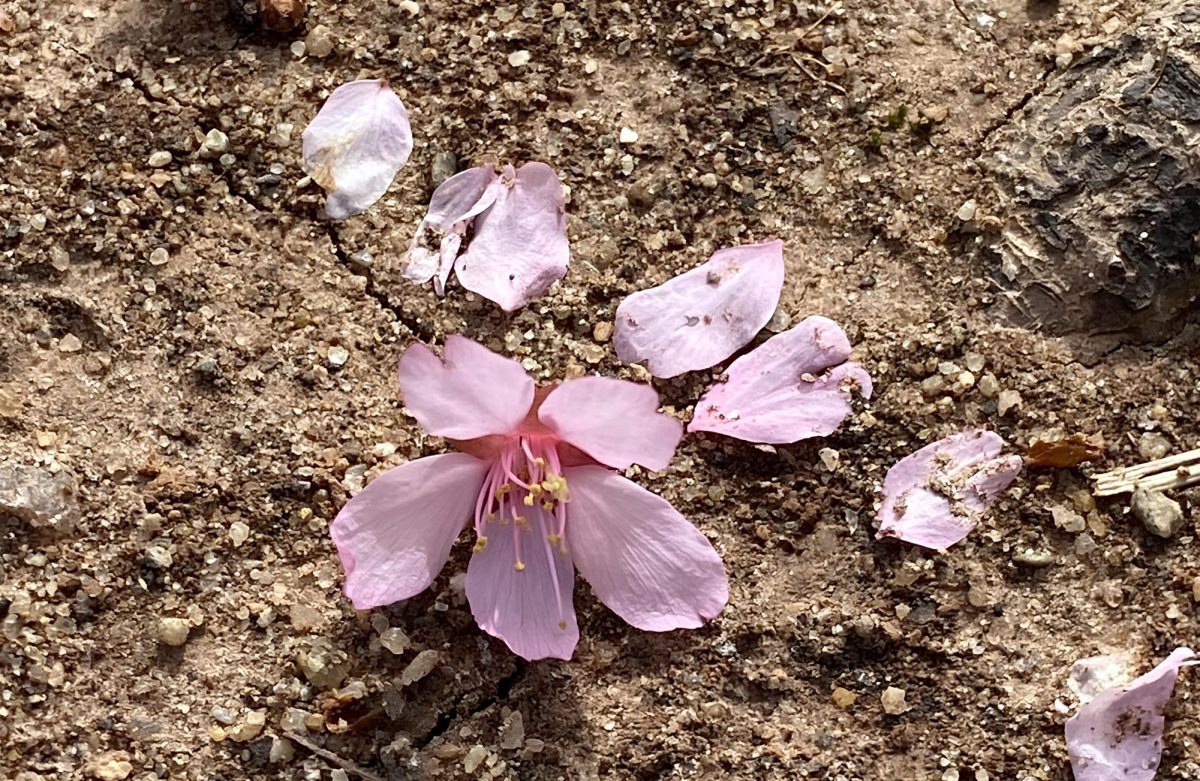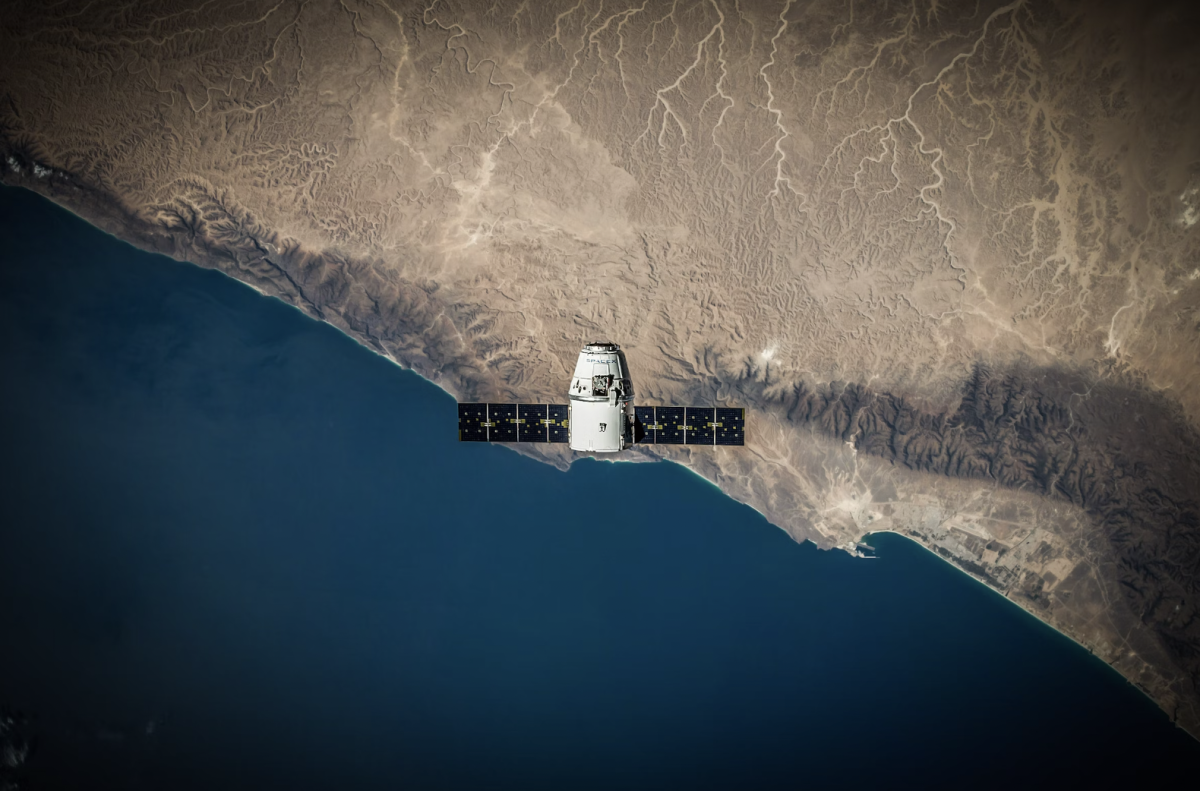North Korea’s state agency claimed that it launched a reconnaissance satellite into orbit on Nov. 21. Constituting the country’s third attempt in such a mission, the decision was widely condemned by international organizations across the world, including the United Nations, for violating privacy sanctions and security resolutions. The first two attempts to launch satellites into orbit earlier this year were botched in May and August.
Historically, reconnaissance satellites were used to track enemy weapon development during the Cold War. From the early 1960s to the 1980s, space photography became paramount for countries spying on their adversaries’ nuclear weaponry development.
More recently, however, such technology was used to monitor human rights atrocities in Southern Sudan. The satellites provided early warning systems for human rights interest groups and promoted civilian protection and international humanitarian responses to regional conflicts. The satellite imagery obtained was later used to investigate illegal trade of ivory and diamonds in the area.
Now, it is used by North Korea to justify its launch as a right to “self-defensive capabilities.” The country further accused the United Nations of setting double standards for its regulations. North Korean state media said that as the “world’s biggest satellite possessor,” the U.S. should also be placed under similar scrutiny as it has for launching its most recently satellite into orbit.
“In case an unexpected clash happens in the Northeast Asian region around the Korean peninsula, the U.S., which has continuously put pressure on the security space of the DPRK by escalating military threat and blackmail, will be held wholly accountable for the catastrophic situation,” state media said.
North Korea stated that the National Aerospace Technology Administration (NATA) established a “Reconnaissance Satellite Operations Office” to spearhead the mission.
The statement came in tandem with threats from North Korea to the U.S., declaring that any efforts to remove or destroy the new satellite will result in further conflict, and a potential thermonuclear attack.
“In case the U.S. tries to violate the legitimate territory of a sovereign state by weaponizing the latest technologies illegally and unjustly, the DPRK will consider taking responsive action measures for self-defence to undermine or destroy the viability of the U.S. spy satellites,” said the country, in an official statement.
The satellite was slated to collect spatial data on other countries and return with information for the country’s military. The government later said that the satellite returned with high-resolution imagery of “major target regions” such as the White House and numerous United States military bases across the Eastern coast.
The U.S., as well as two other East Asian countries — South Korea and Japan — confirmed that the North Korean satellite is in orbit, but speculated on the true capabilities of the technology.
Multiple countries responded to North Korea’s actions. On Nov. 30, the U.S. responded by placing sanctions upon the country, and a day later, South Korea blacklisted 11 North Koreans involved in the satellite launch.
On Dec. 2, South Korea launched its first satellite into orbit, using SpaceX’s Falcon 9 rocket. It is one of the five satellites that the country plans to put into space, according to a contract with SpaceX. Previously, the country had no military satellites of their own and used data from the U.S.’s repository of spy satellites to monitor its northern neighbor.
The incident escalated tensions between North and South Korea, as both begin to breach previous military agreements intended to maintain peace.

























































